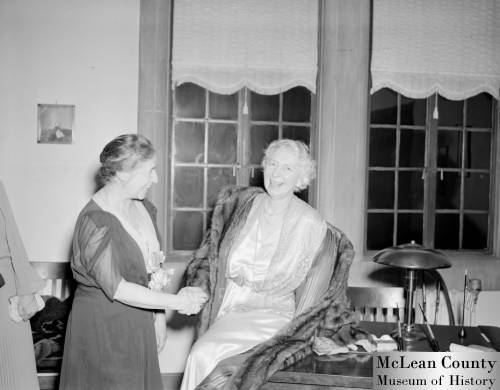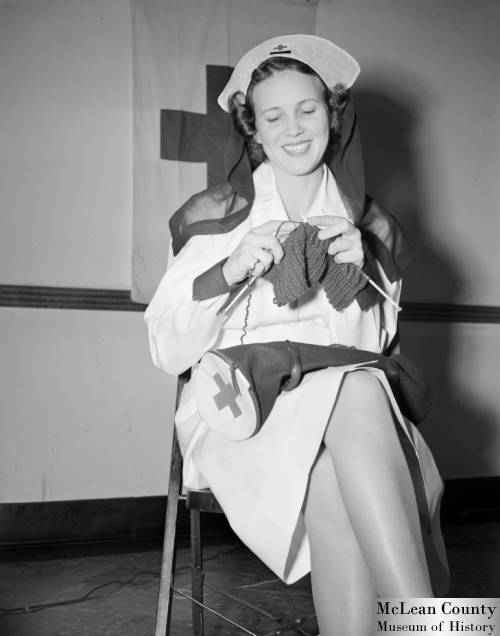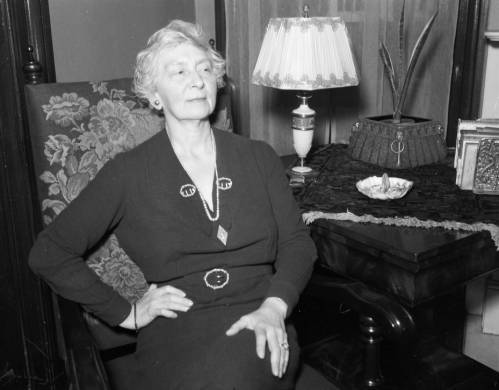Rachel Crothers: Impact and Legacy
Despite her fame, Crothers seemed to never lost sight of her journey, and the journeys of others like her. Throughout her career, she called for a more inclusive style of theatre, stating that “I Think the American theatre would do well to revive one-act plays as a custom. I believe in the English curtain raiser because it is the one best chance for the amateur playwright and actor” (11). She humorously adds that, “If we gave them a hearing we would have to sit through fewer bad three-act dramas” (12).
She also encouraged the artistic endeavors of absolute beginners. In one of her lectures, she notes that ‘“There are a great many people who talk about what marvelous authors, actors, and producers they are, if only someone would let them do something. That is sheer nonsense. Write, act, produce, if it is only in the back parlor! If you are great you will be discovered” (13). Although Crothers overlooks factors of identity—like race—that would have, during this period, certainly made things more difficult, she had a point. People aiming for a creative career should not be held back by their worries or ideas about how they will be perceived.
This theme was also relevant in her work, and perhaps one of the most inspiring aspects. Her plays are populated by women who choose to live their lives as they see fit. They do not live in perfect worlds, where their behavior is accepted without question, but they still live their own lives in a realistic way. In a 2015 interview, twenty-first century playwright Alice Tuan speaks highly of Crothers’s work, emphasizing the way that she shows a vast array of women’s experiences. Crothers’s characters are not all mothers, are not all married, and are not all demure. They offer a look into a variety of different lives that were not commonly shown to the public.
Along with her legacy of written work, Crothers was also involved in charity throughout her life. She never married or had children and thus used her earnings from the theatre as she saw fit. In 1917, she focused her efforts on the Woman’s War Relief fund. She, along with around 2000 other women in theatre were able to raise over $6,000,000 for families struggling during the war. This organization also provided free shows at army camps. Another of Crother’s accomplishments outside of the theatre came in 1931, when she worked with Brock Pemberton, Sam Harris, Antoinette Perry in order to found the Stage Relief Fund. Although she was still working in the theatre, she also served as the organization’s president. She also became a member of the National Institute of Arts and Letters honor society in 1933. Only a few years later, in 1940, Crothers again turned her efforts towards charitable work as war loomed on the horizon. Again working with other women in theatre, she was involved in the American theatre Wing of the British Relief Society.
With her charitable endeavors, she was not only able to put her money towards the greater good, but was also able to inspire women in theatre to follow a similar path that she had—to not be content as a behind-the-scenes worker if they wanted to have a different role. Crothers was a strong proponent for women in theatre and new playwrights in general until the end of her life. She passed away in 1958 at eighty years old in her Connecticut home.
Despite her success during her day, Crothers’s name has unfortunately faded as the years have gone by. Some playwrights still remember her, however, and argue that her plays remain timely. Director Lisa Devine, discussed this when directing Susan and God in 2017. She noted that even as a woman director, she accepted the common misconception that there were few women playwrights from the early 1900’s because women simply were not writing plays. Devine asks herself, “How can a playwright have 35 Broadway shows, have Hollywood knocking on the door, be considered the Neil Simon of the day, and have died in 1958 and I, as a woman director, do not know who this person is?” (14) The history books have perhaps not given Rachel Crothers her due. Fortunately, however, the majority of her plays are still available and in print for modern day readers to rediscover and enjoy.
(11) Rachel Crothers. “The Construction of a Play.” In The Art of Playwriting: Lectures Delivered at the University of Pennsylvania on the Mask and Wig Foundation (Philidelphia: University of Pennsylvania Press, 1928), 18. http://archive.org/details/artofplaywriting00unse.
(12) Crothers, “Construction,” 18.
(13) Crothers, “Construction,” 18.
(14) Theatre Three Tx. “Susan and God - Who Was Rachel Crothers?” 2017. https://www.youtube.com/watch?v=Q9whdjtDQLY.



